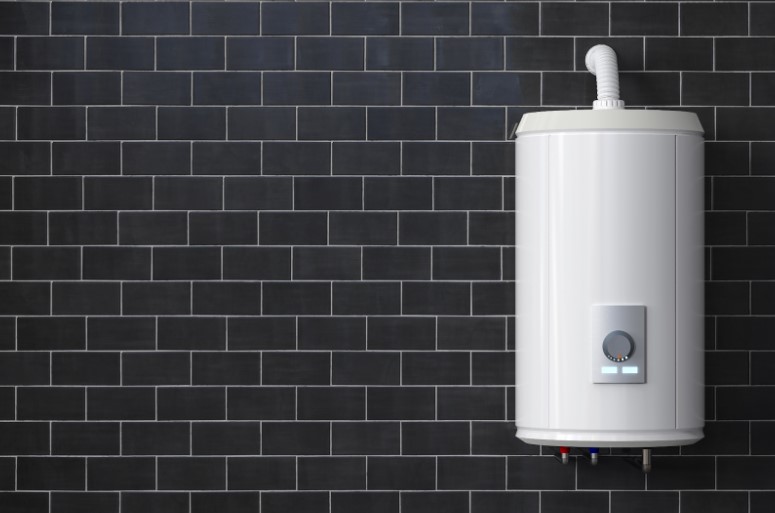Water Heater Installation: What Every Homeowner Should Know Before Buying

Water heaters are essential for any household, providing hot water for daily activities such as showering, washing dishes, and doing laundry. However, with so many different types of water heaters on the market, it can be overwhelming for homeowners to choose the right one for their household’s needs. This guide will discuss everything homeowners should know before purchasing and installing a water heater. Call your plumbing company in Oklahoma City today to get started on your water heater installation.
Types of Water Heaters
There are four main types of water heaters: storage tanks, tankless, heat pumps, and solar. Each type has its advantages and disadvantages, and it’s important to understand the differences before making a decision.
Storage Tank Water Heaters
This is the most common type of water heater, with a tank that stores and heats the water. They are relatively inexpensive and have a long lifespan, but they also take up a significant amount of space and may not be very energy-efficient.
Heat Pump Water Heaters
Heat pump water heaters use electricity to move heat from one place to another instead of generating it directly. They are very energy-efficient but expensive to install and may not be suitable for colder climates.
Solar Water Heaters
Solar water heaters use the sun’s energy to heat water, making them the most environmentally friendly option. They can also save homeowners money on utility bills in the long run, but they may have a higher upfront cost and require a backup heating source for cloudy days.
Tankless Water Heaters
Tankless on-demand or instantaneous water heaters heat water directly without using a storage tank. This means they can provide hot water on demand and are generally more energy-efficient than storage tank heaters. However, they may have a higher upfront cost and cannot supply large amounts of hot water at once.
Factors to Consider Before Buying
When deciding on a water heater, homeowners should consider the following factors:
- Fuel source: Water heaters can be powered by electricity, gas, propane, or solar energy. The availability and cost of these fuel sources in your area can impact your decision.
- Capacity: The size of the water heater tank or the flow rate for tankless heaters should match your household’s hot water needs.
- Energy efficiency: Look for the Energy Star label when purchasing a water heater to ensure it meets energy efficiency standards and can help lower utility bills.
- Installation and maintenance costs: Consider the upfront cost of purchasing and installing a water heater and the long-term maintenance costs.
Understanding the different types of water heaters and their pros and cons, as well as considering factors such as fuel source, capacity, energy efficiency, and professional installation, can help homeowners make an informed decision. By taking the time to research and select the best water heater for your household’s needs, you can ensure a reliable supply of hot water for years to come. So, before making a purchase, do your homework and consult a professional if needed.


